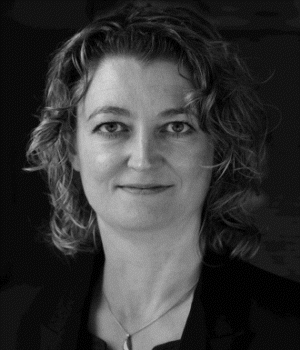The World currently faces an unprecedented situation with the ongoing Covid-19 pandemic and all people, from every society, are affected in one way or another. Isolation has been one of the main mitigating measures taken to slow and stop the spread of the virus and it has underlined how global our world is and how dependent we are on each other.
While the long-term effects of the pandemic are still unknown, it is vitally important that we plan ahead and adjust to the “new normal” in the wake of the virus. The isolation and lockdown measures imposed on society have taught us to routinely use online tools—both in our daily work and as a meeting platform. In light of this, the organisers of the affected IABSE events in Wroclaw, Christchurch, New Delhi and Ghent have had some critical decisions to make regarding dates and implementation of online alternatives to meeting in person at the conferences. In September, IABSE hosted its first online-only conference with a view to exchanging ideas within the fields of disaster reduction and mitigation, maintenance and rehabilitation of structures, digital solutions for structural engineering and international cooperation.
The idea of online events is not new in IABSE. It is something that has been discussed as part of the strategy developed 10 years ago as an efficient and sustainable way to bring together members from all over the world. The implementation has, however, been fast-tracked due to the virus and we at IABSE are gaining our first experiences with online participation in the events. No doubt there will be many lessons learned and several elements will need fine tuning. Hopefully, however, the new online format will result in many more people enjoying the opportunity to participate and share knowledge due to the reduced cost and saving of travel time with online events.
It is important that we focus even more on offering opportunities during these difficult times. In particular regarding young people, as many are affected because they are not able to attend courses at university in person, and instead have to learn online. Despite the huge efforts of the teachers in these circumstances, it is inevitable that there is an adverse effect of not being able to attend laboratory training, experimental courses and similar educational experiences.
A lot of markets and sectors are affected, which in turn impacts companies where recruitment has been reduced significantly in some areas. This affects new graduates who face new challenges when finding their first job. It is therefore paramount that we collectively do everything we can to offer opportunities and continue to provide on-the-job training to mitigate the long-term effects of the Covid-19 pandemic. Future societies will need skilled engineers more than ever to build hospitals, safe infrastructure and develop green energy, to mention but a few, and that will require education, quality jobs for graduates and mentoring schemes to build the experience necessary.
Another cornerstone in fighting the effects of the pandemic is knowledge sharing, which is and has always been a key element in IABSE’s identity: The conferences and events at international, regional and national level are important platforms—whether participation is in person or now online. This journal, Structural Engineering International, with its unique blend of scientific papers and technical reports, offers a highly scientific basis to share and discuss the advances within our profession. It is more necessary than ever that we maintain a global vision, continue to share knowledge and openly discuss topics that are important to us and to the communities that we serve.
Please continue your support as an active member of IABSE!

Additional information
Notes on contributors

Tina Vejrum
Tina Vejrum Editorial Board of SEI; Vice President and Fellow of IABSE; Chair, Danish Group of IABSE; Vice PresidentBridges International, COWI [email protected]
